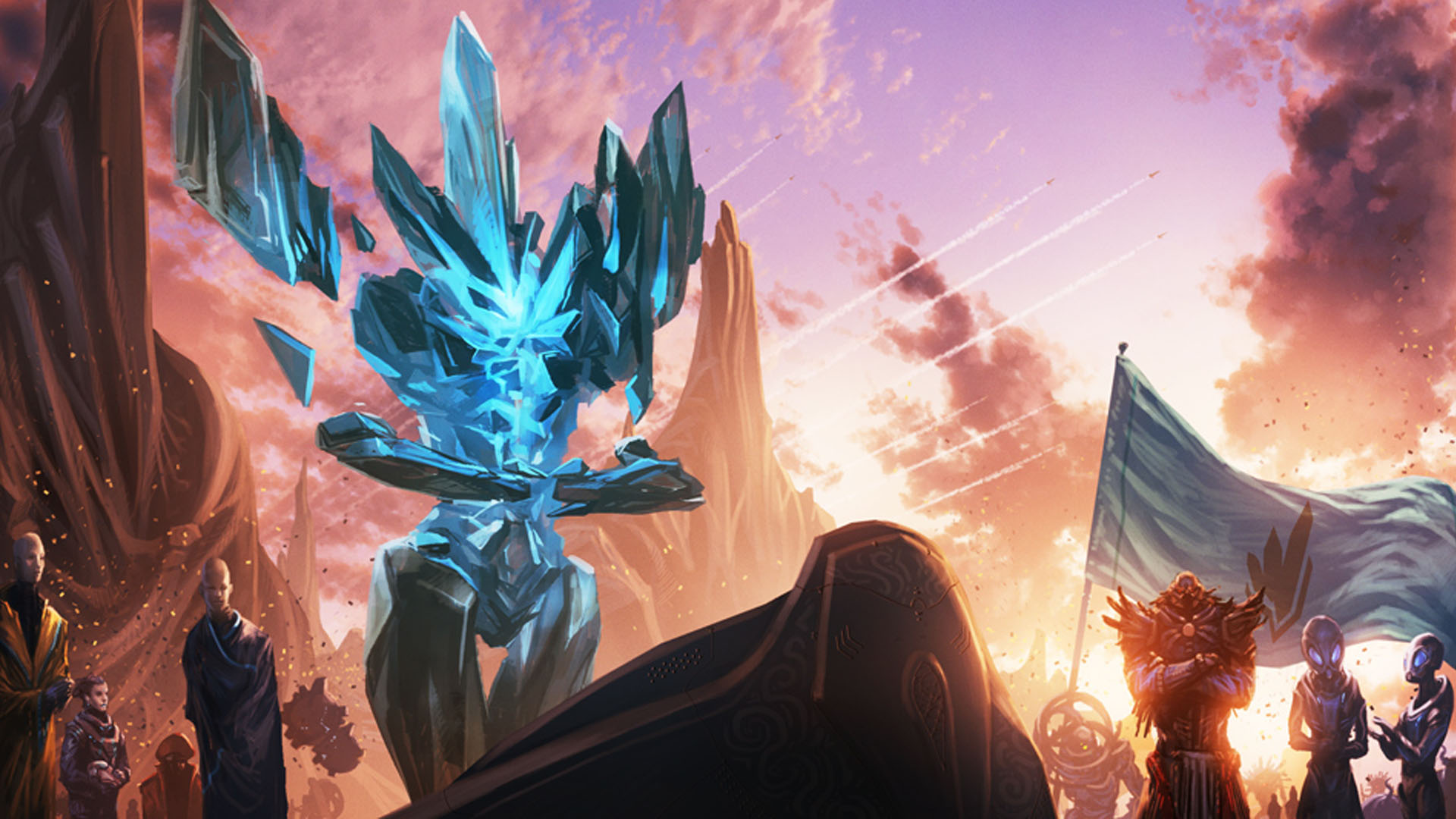


I wish, George said sternly, that you would think for a moment before making your decision. Now I knew one was asked into the business by a friend who was already in the business.

I had always wondered how one became a secret agent. In the fifteen years I had known George, he had made very few jokes, and none like this. Maybe I should offer my services to MI-5 or the Sûreté.

You don’t make it sound very interesting, I told him. Will I at least be working with a lovely mysterious lady? I’m serious, too Will I get a chance to wear a trench coat and carry a gun in a shoulder holster? Lowering his voice, he said, Bill, how would you like to help trap a spy? We were completely alone except for three hundred students. I might have work for you, George said, after considerable thought. My funds had come down to the vanishing point with the last of them, I too would be forced to disappear. In a pinch I was even willing to forgo the loggia.īut alas, this modest goal seemed forever beyond my reach. I wanted to live in an apartment in Rome, with icy marble floors, inadequate heating, no refrigerator, a loggia, a patio, French windows, a balcony, and a view of the Borghese Gardens. I was turned down, since my employment would rob some deserving French bass player of the opportunity. But in order to work with them I had to have a permit, for which I applied at the Services de Main d’Oeuvre du Ministère du Travail. And once I found a job playing bass with a French jazz combo in Montmartre. I did chauffeur (illegally, for scab wages) a gleaming Buick from Le Havre to Paris. I soon found that there was no future, nor even much of a present, in selling the Paris edition of the Herald Tribune. I had not waited for a specific invitation.īeing prepared to hold any job, I was offered none. George had come to Europe to fill a minor technical position in an obscure government agency. I am tall, unmotivated, and inclined to dubious speculations. George is squat, purposive, and exceedingly practical. I have known George since high-school days, but we have very little in common. At last he asked me if I had found a job yet, and I told him I hadn’t. He was waiting for me in an ugly little cafe near the Ecole. But I had promised to meet George for a drink. I wanted to go back to my room and boil an egg. My mouth hurt from talking French to sullen receptionists. It was April in Paris an endless line of Diesel trucks barreled down the Boulevard St. It was close to seven when I dragged myself out of the Métro at the Cluny stop. My appointments had been spread all over Paris near the Opéra, across the river to Vanves, then back to the Faubourg St. Sir Max Hastings talked about the significance of espionage for each side during World War II.It had been a long, hard day. Mason Distinguished Lecture on World War II was the keynote address of the Espionage Symposium held at the National World War II Museum in New Orleans in conjunction with the 2016 International Conference on World War II, titled “1946: Year Zero-Triumph and Tragedy.” Hastings is the author of The Secret War: Spies, Ciphers, and Guerrillas, 1939-1945. He also argued that the rise of electronic and radio communication made codebreakers equal to, if not more important, than spies on the ground. He described how information was gathered and if it had an impact on the movement of physical forces. T12:59:58-05:00 Sir Max Hastings talked about the significance of espionage for each side during World War II.


 0 kommentar(er)
0 kommentar(er)
